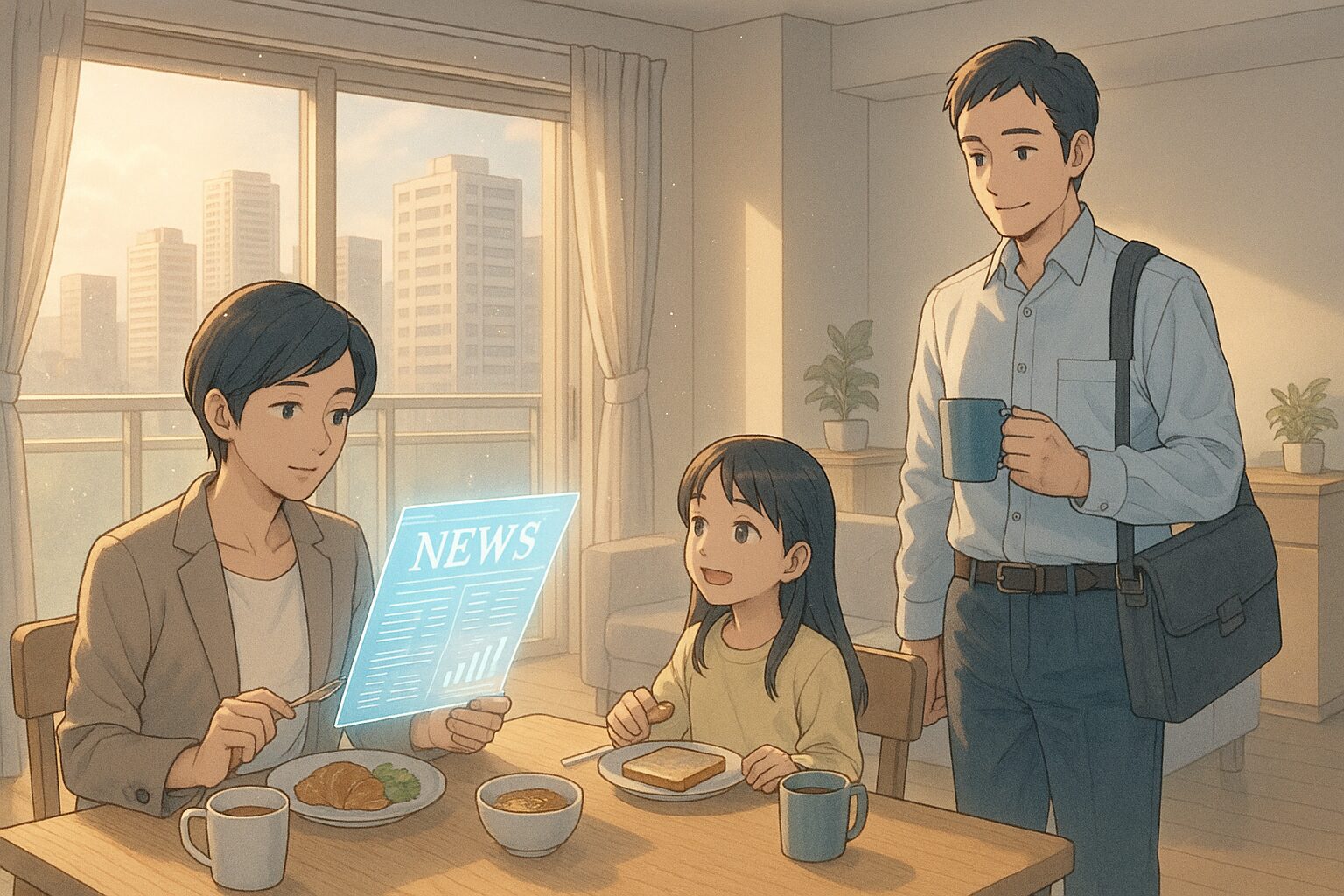Can We Oversee the Future of AI? What If We Can’t?
As AI continues to evolve beyond our imagination, a major challenge is how to evaluate and oversee its outputs. If AI becomes so intelligent that humans cannot understand it, how should we respond? Let’s consider what the future might look like if this trend continues.
Today’s News: What is Happening?
Source:
https://www.lesswrong.com/posts/rzCF2T7iLPEgNa59Y/rational-animations-video-about-scalable-oversight-and
Summary:
- The evolution of AI is rapid, making it difficult for humans to evaluate its outputs.
- The concepts of “scalable oversight” and “sandwiching” have been proposed to address this challenge.
- These methods provide a framework for more efficiently overseeing the results generated by AI.
Changes in the Background Era
① Adult Perspective
In today’s society, as AI continues to evolve, there is a need for ways to conduct high-quality oversight while reducing human labor. While we enjoy the convenience brought about by technological advancements, systems and laws to address the accompanying risks and challenges are still not in place.
② Child Perspective
As AI increasingly integrates into our lives, it is also affecting how children learn and play. For instance, the day when AI becomes a tutor may not be far off. What impact will this change have on our daily lives and choices?
③ Parent Perspective
As parents, it’s important to understand how AI will interact with our children’s growth and to make careful choices. Instead of waiting for society to change, we need to rethink the rules and values in our homes and consider how we will engage with AI.
If This Continues, What Will the Future Look Like?
Hypothesis 1 (Neutral): A Future Where AI is Commonplace
AI will blend into daily life and become a tool that assists us in work and learning. Direct changes will include AI functioning as our assistants, which will consequently reduce the labor required from humans. As a value, how we utilize AI will be seen as part of human capability.
Hypothesis 2 (Optimistic): A Future with Significant Advances in AI Technology
AI will surpass human limitations, leading to groundbreaking advancements in science, technology, and medicine. Directly, AI will facilitate new discoveries, and indirectly, the overall knowledge of society will rapidly expand. From a value perspective, collaboration with AI will be recognized as a new form of creativity.
Hypothesis 3 (Pessimistic): A Future Where Human Judgment is Diminished
Over-reliance on AI may result in a loss of the ability for humans to think and act independently. Direct changes will see AI making many decisions, and indirectly, a social structure will emerge where humans are dependent on AI. In terms of values, there could be a growing trend that undermines autonomy and creativity.
Questions to Discuss at Home (Tips for Parent-Child Dialogue)
- Example Question: If AI becomes more commonplace, what rules would you like to create?
Goal: Decision-making and rule-making - Example Question: If you were to explain AI to a friend who doesn’t know it, what words or drawings would you use?
Goal: Collaborative learning and communication - Example Question: How do you think AI could be used in future schools to make learning enjoyable?
Goal: Imagination and learning design
Conclusion: Preparing for the Next 10 Years to Make Today’s Choices
What kind of future should we aim for? This is an opportunity to think about the impact AI will have on our lives and to utilize it in our everyday choices. What future have you envisioned? Please share your thoughts on social media or in the comments.


